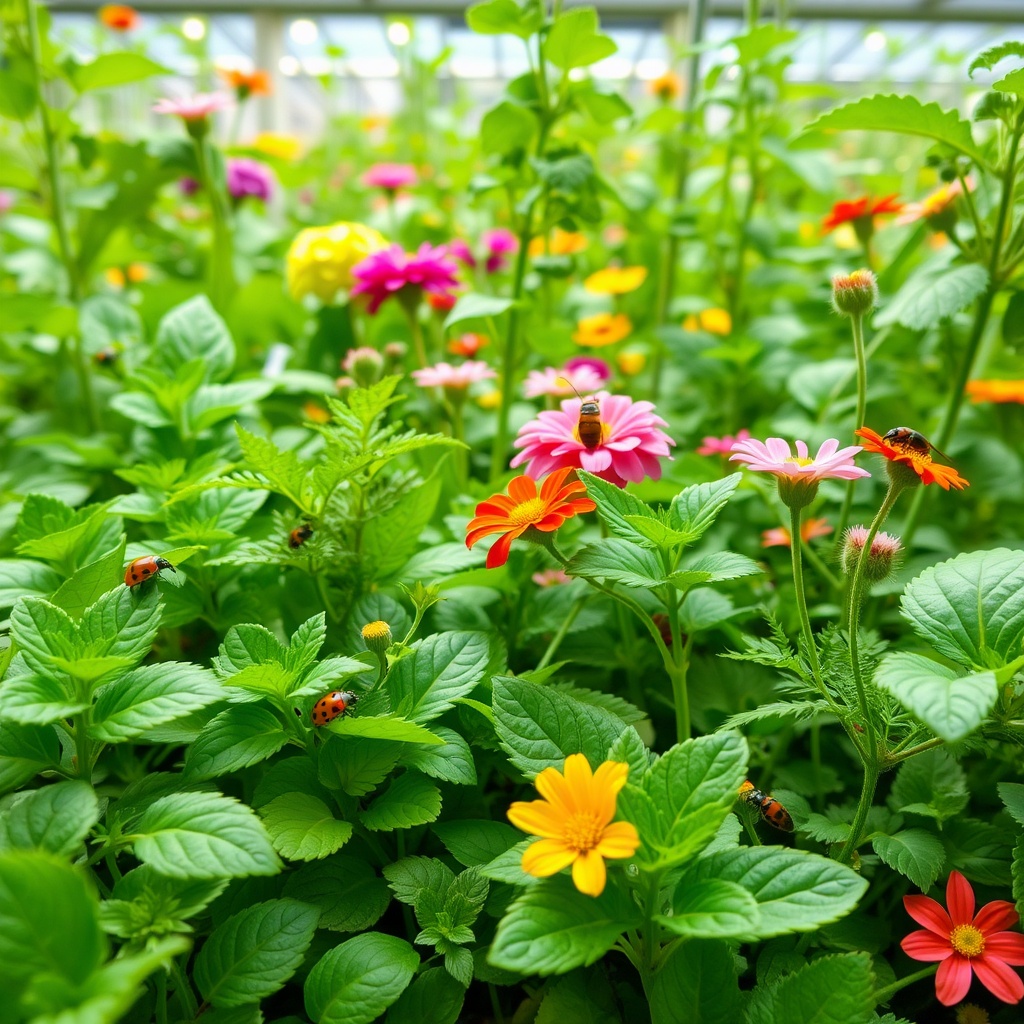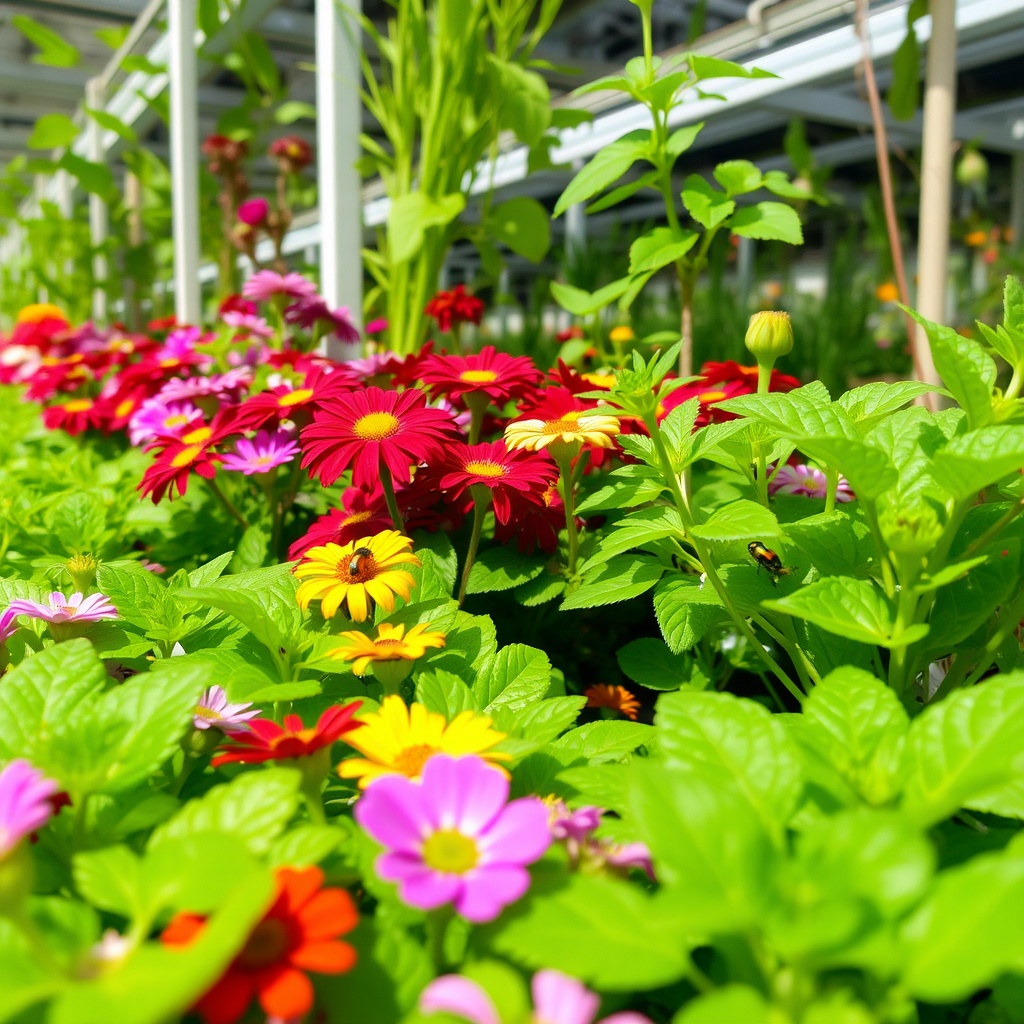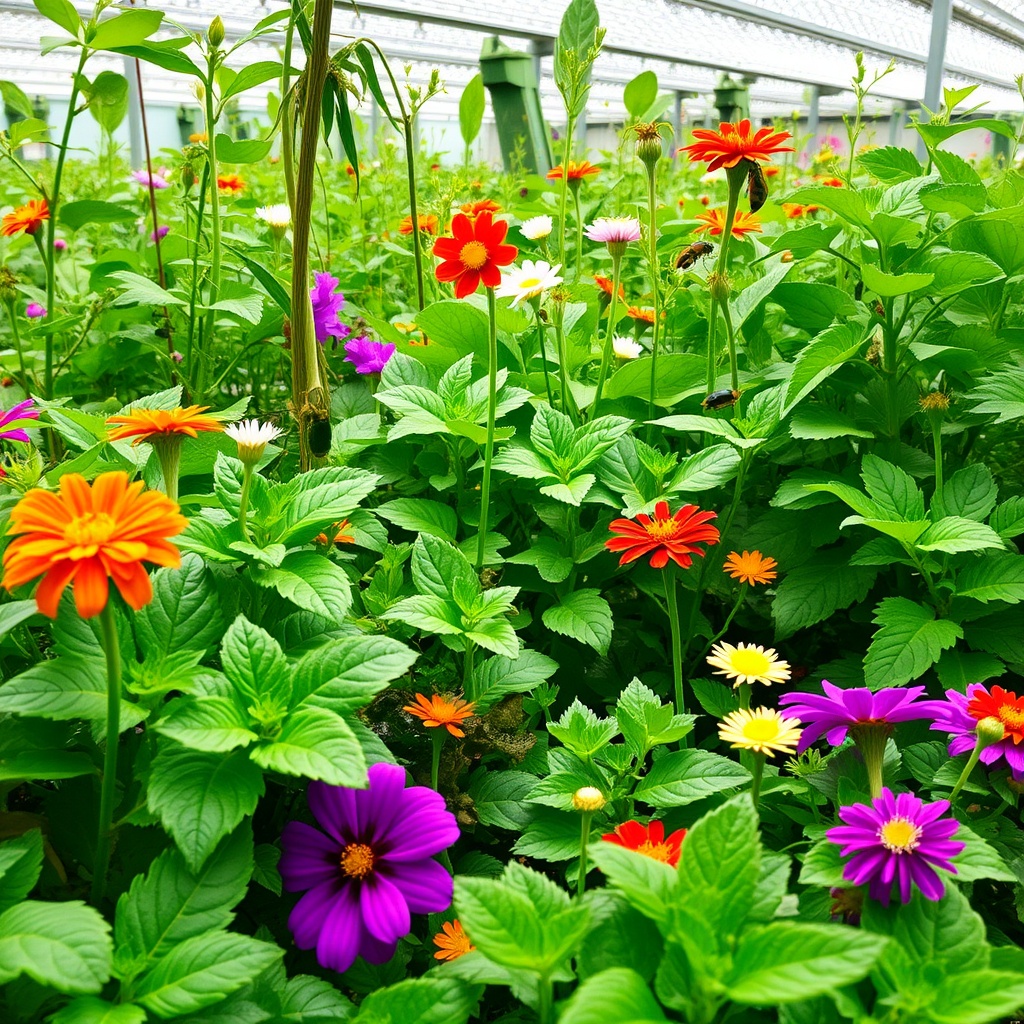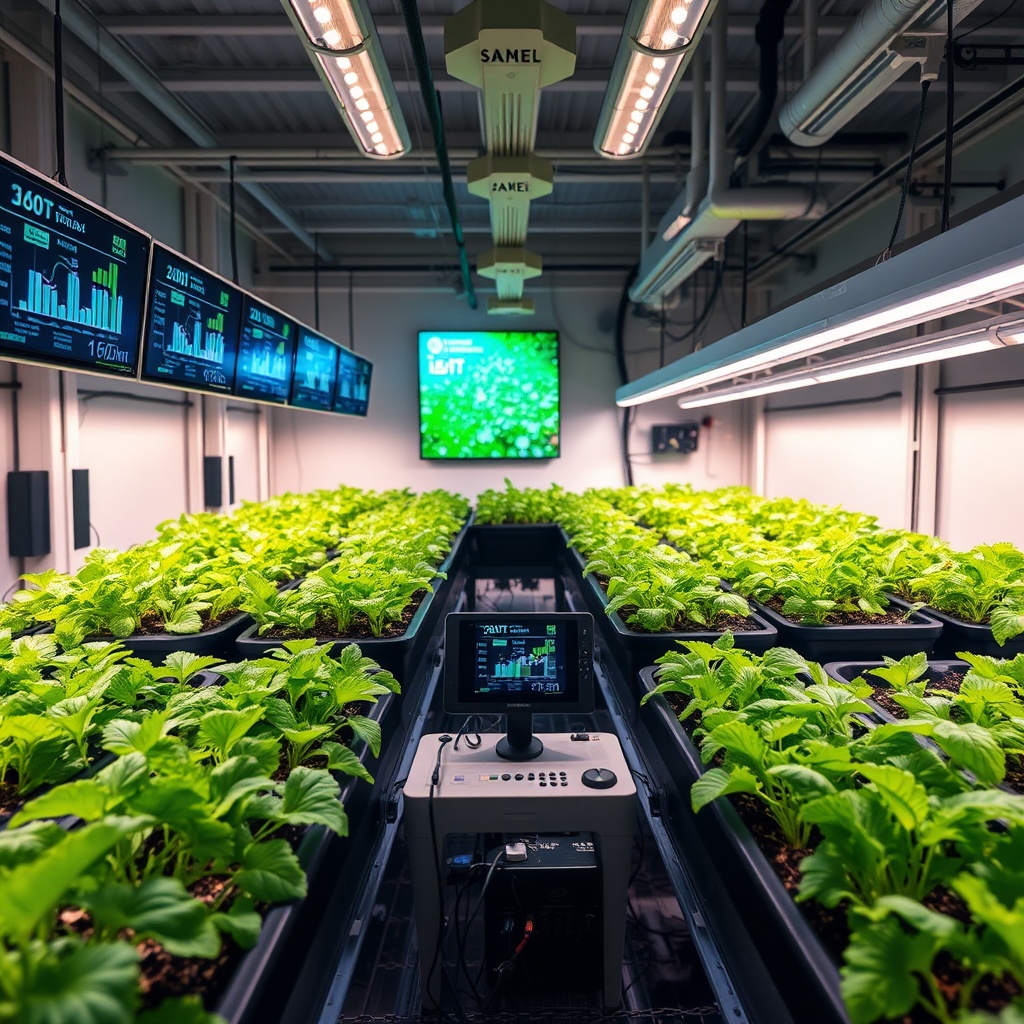Embracing Eco-Friendly Solutions

In the world of hydroponics, where plants thrive in nutrient-rich water, the challenge of pest control can be daunting. However, the beauty of organic hydroponics lies in its ability to harness nature’s own defenses. By adopting natural pest control methods, you not only protect your plants but also contribute to a more sustainable ecosystem. This article explores effective strategies that can help you maintain a healthy hydroponic garden while keeping it chemical-free.
Companion Planting: Nature’s Pest Deterrent

One of the most ingenious methods of pest control is companion planting. This technique involves strategically placing certain plants next to each other to naturally repel pests or attract beneficial insects. For example, planting marigolds alongside your vegetables can deter aphids and nematodes due to their strong scent. Similarly, basil planted near tomatoes can enhance growth and ward off harmful insects.
To maximize the effectiveness of companion planting, consider the following list of beneficial pairs:
- Basil and Tomatoes: Enhances flavor and repels insects.
- Mint and Cabbage: Deters cabbage moths.
- Chives and Carrots: Repels carrot flies.
- Garlic and Roses: Prevents aphids.
Biological Controls: The Power of Predators
Another powerful approach to pest management in hydroponics is the use of biological controls. This method involves introducing natural predators into your system to keep pest populations in check. Ladybugs, for instance, are renowned for their appetite for aphids, while lacewings are effective against thrips and mealybugs. By fostering a balanced environment, these beneficial insects can help maintain the health of your plants without the need for synthetic pesticides.
Creating a welcoming habitat for these predators is essential. Provide shelter with native plants and avoid using harmful chemicals that could eliminate these allies. By embracing biological controls, you not only protect your crops but also promote biodiversity within your hydroponic garden.




